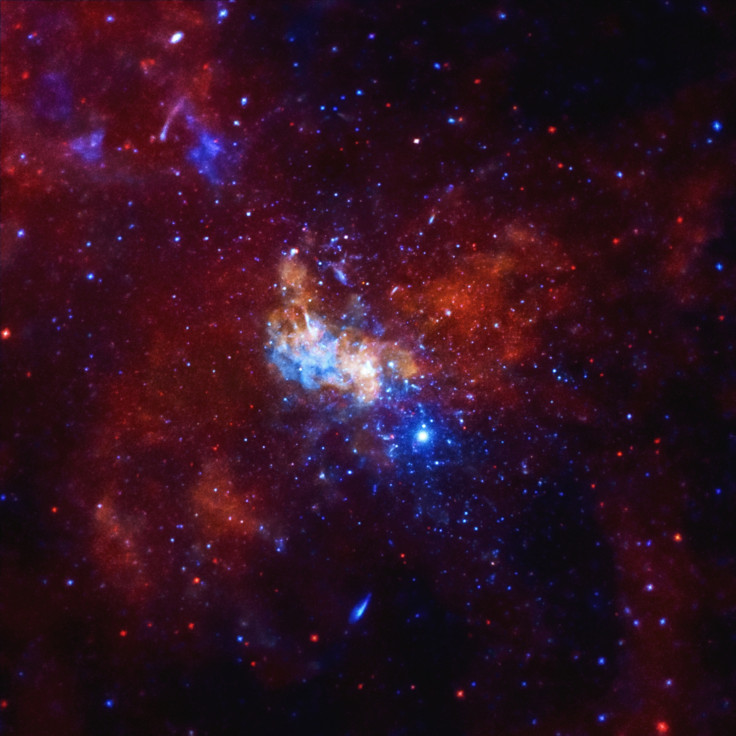Gravity Saved The Universe From Collapse After Big Bang, Say Physicists

We owe our existence to gravity without which the universe would have become unstable and collapsed very soon after the Big Bang, suggests a study by physicists from Imperial College London, and the Universities of Copenhagen and Helsinki.
The team arrived at their conclusion by investigating how the Higgs particles would have interacted with gravity and the variation with energy. This interaction cannot be measured in particle accelerators.
Even a small interaction was enough to stabilise the universe against decay, they argue in the paper published in Physical Review Letters.
This interaction is the last unknown parameter in the Standard Model of physics, they say.
The physicists will now use data from current and future European Space Agency missions measuring cosmic microwave background radiation and gravitational waves to check on the interaction they suggest.
"Our aim is to measure the interaction between gravity and the Higgs field using cosmological data," says Professor Rajantie. "If we are able to do that, we will have supplied the last unknown number in the Standard Model of particle physics and be closer to answering fundamental questions about how we are all here."
The Higgs action
The Higgs particle 'discovered' at Cern in 2012 is what confers mass to all particles. The production of Higgs particles in a rapidly expanding universe should have led to instability, according to existing theories.
The spacetime curvature causes gravity, say the physicists and this gravity provided the stability needed for the universe to survive expansion in that early period.
The density of matter in the first fraction of a second after Big Bang was much higher than that found in any star, and dense matter is supposed to curve spacetime strongly and collapse.
Various explanations have been put forward. For instance, a collapse into a black hole will happen if the dense matter is surrounded by relatively empty space. During the Big Bang there was no empty space as all of space was filled in that instant.
The Standard Model of particle physics, which scientists use to explain elementary particles and their interactions, has so far not provided an answer to why the universe did not collapse following the Big Bang.
Scientists have suggested that new theories may have to be brought in to explain the mystery.
© Copyright IBTimes 2025. All rights reserved.





















